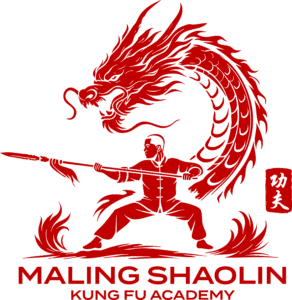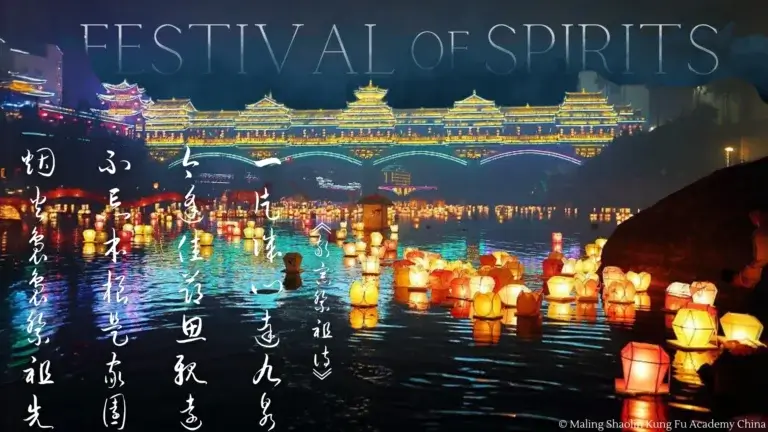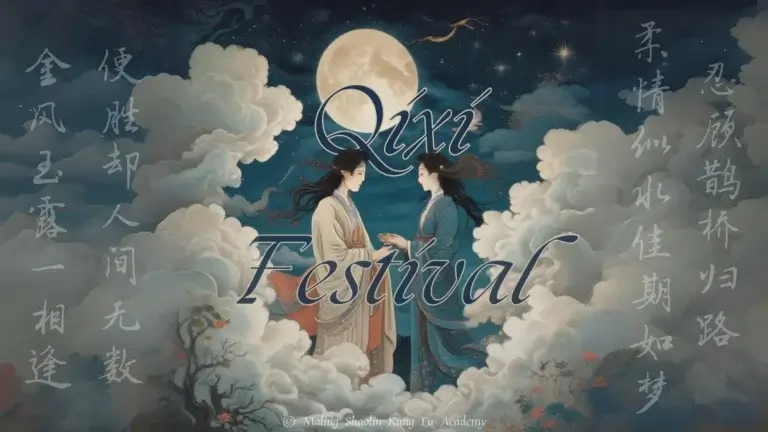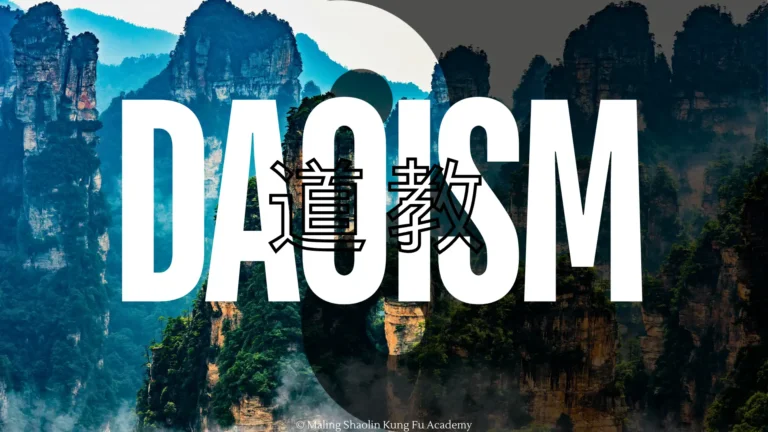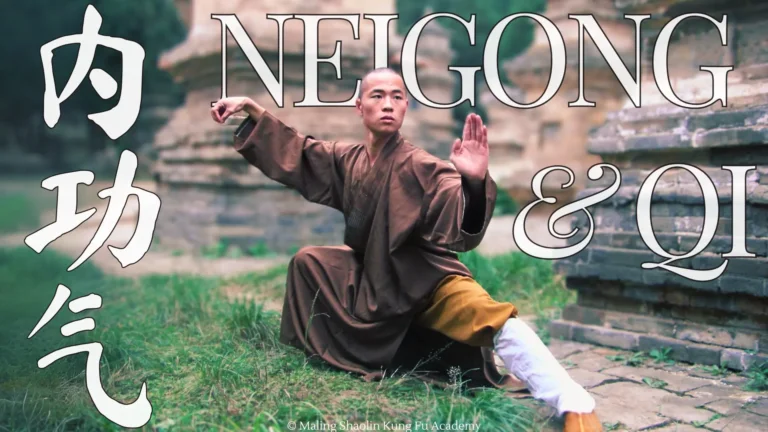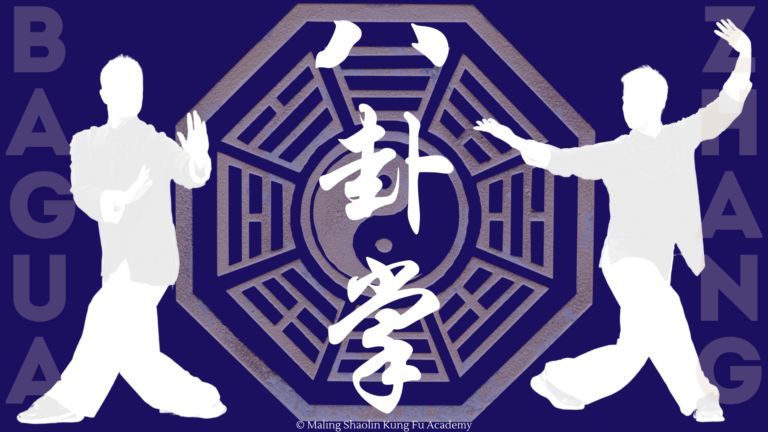Black Myth: Wukong – A Fusion of Chinese Mythology and Kung Fu
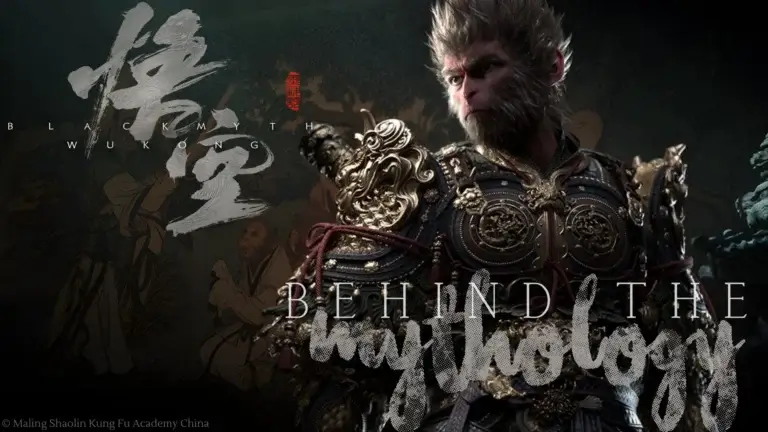
"Black Myth: Wukong" is an action RPG developed by Chinese indie studio Game Science set to release tomorrow, August 20, 2024. The game, which has garnered significant global attention, is rooted in the rich tapestry of Chinese mythology, martial arts, and literature, particularly the classic novel "Journey to the West." The game features the legendary Monkey King, Sun Wukong, as its protagonist, blending traditional Chinese storytelling with cutting-edge gameplay and visuals.
